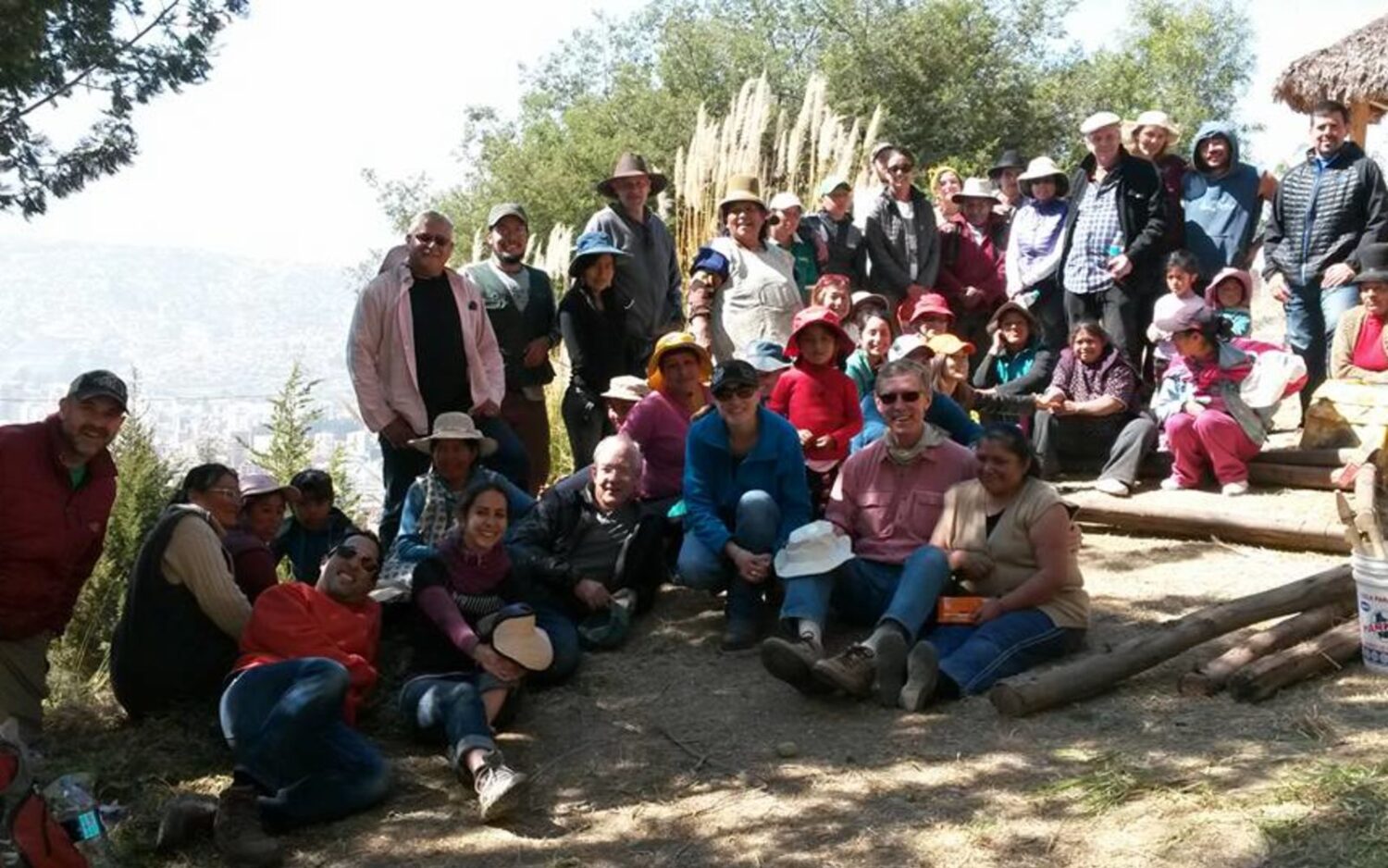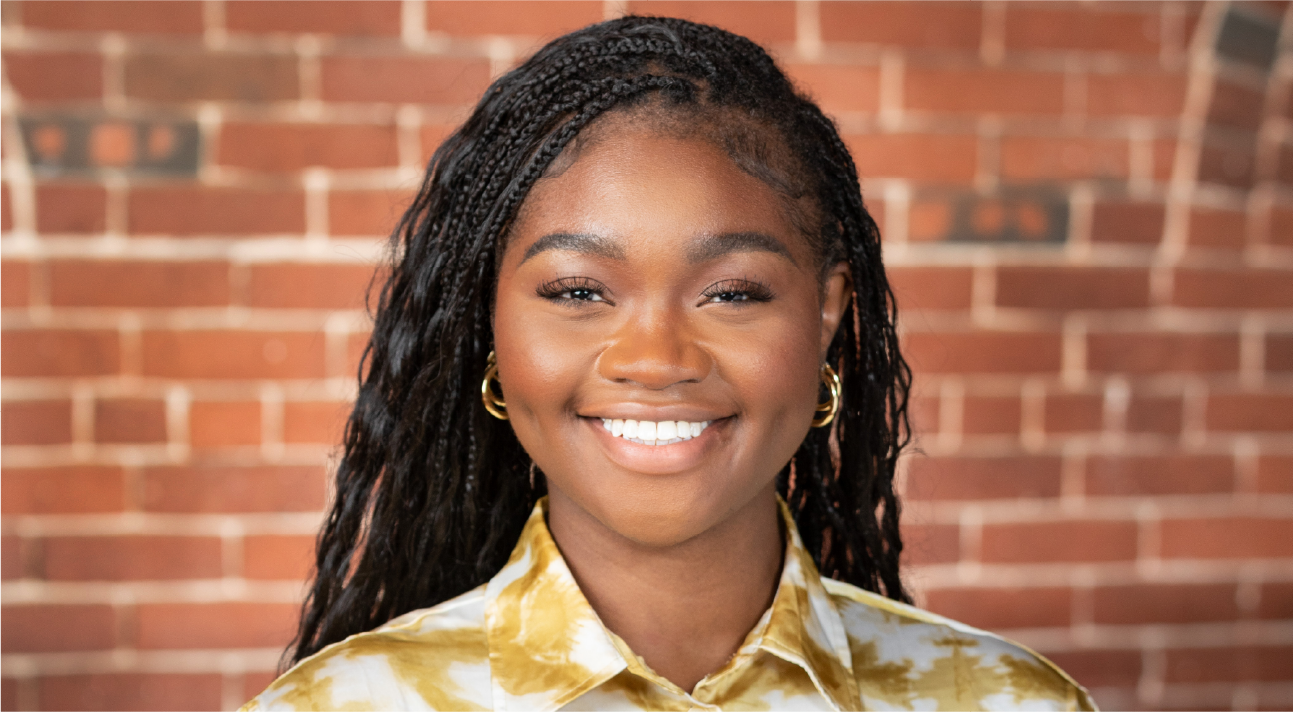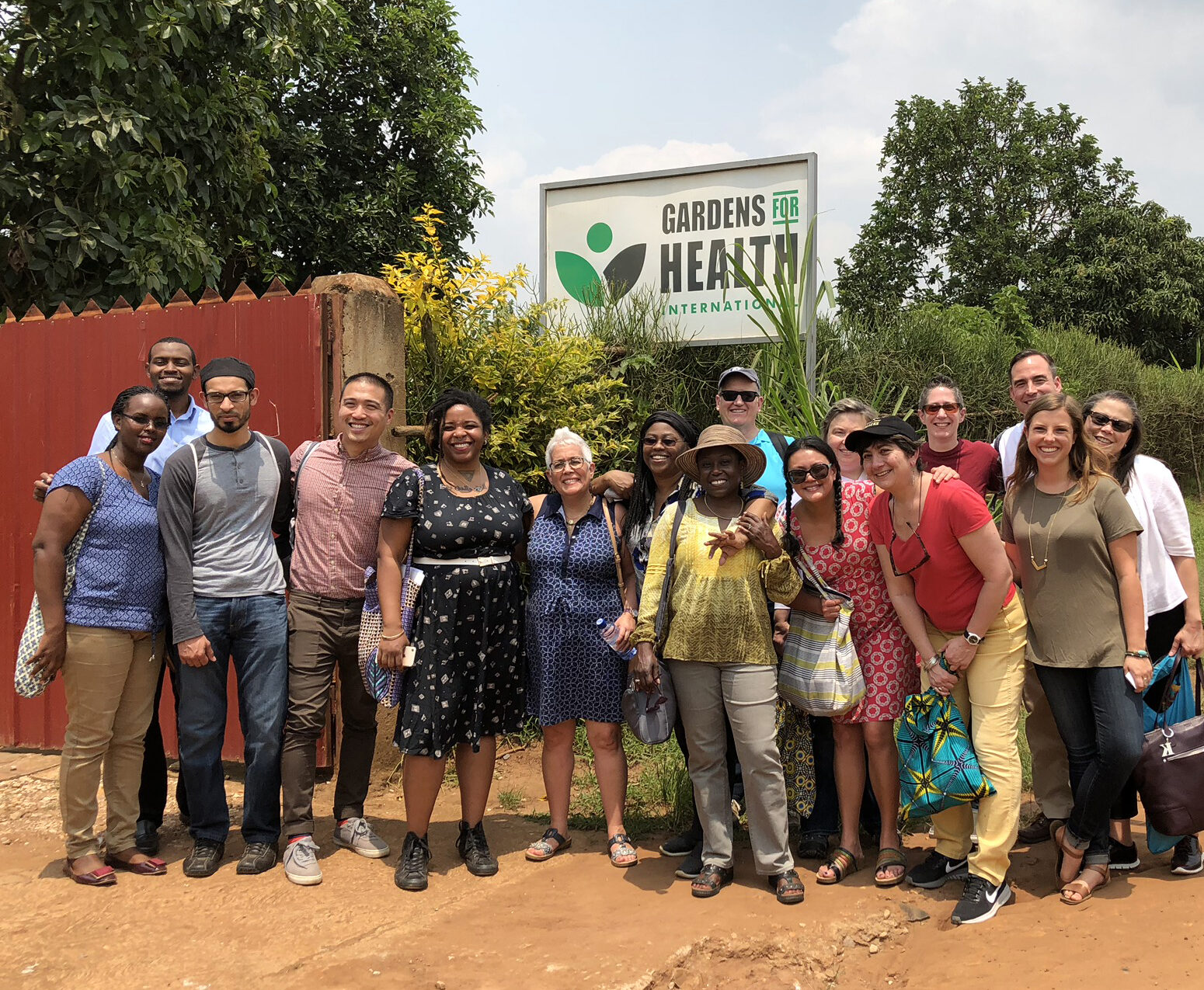
Barr Fellowship
Celebrating, connecting, and advancing extraordinary leaders
Every few years, starting in 2005, Barr invited a diverse group of civic leaders to become Barr Fellows. Selected for their leadership and contributions at their organizations and across our community, Barr Fellows participated in a two-year experience, including a group learning journey, a three-month sabbatical, and retreats with their class of Fellows. Their organizations also received significant funds for leadership and organizational development.
The Barr Fellowship has recognized, supported, and connected 80 exemplary leaders from many backgrounds, organizations, and fields. After helping the 2019 class navigate a fellowship experience extended by the pandemic, we engaged in a strategic review of the Barr Fellowship to better understand new opportunities and challenges, and how best to support civic leaders going forward. And, beginning in 2025, we will have more to share about related opportunities on Barr’s blog, newsletter, and in other ways.
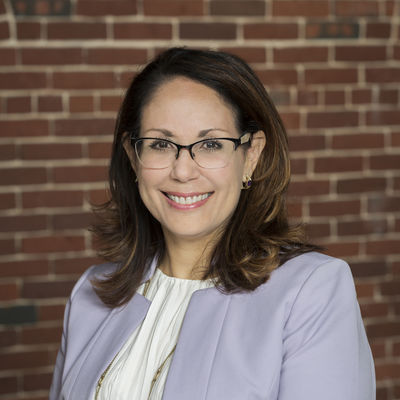
“The investment in me, my staff, and IBA during my three years, especially the sabbatical, were invaluable for the growth and stabilization of IBA.”
Vanessa Calderon Rosado ’09, and Barr Foundation trustee
The Barr Fellows Network
At the end of their Fellowship period, each class has been integrated into the Barr Fellows Network, a forum for alumni to continue learning from each other, supporting each other, and deepening relationships.
Through the years, relationships and connections among Barr Fellows have sparked innovative collaborations. As one example, a group of Barr Fellows conceptualized and mobilized to create the Margarita Muñiz Academy, the first dual-language high school in Boston. It is named in honor of Margarita Muñiz ‘07, and led by Dania Vázquez ‘17, its founding Headmaster.
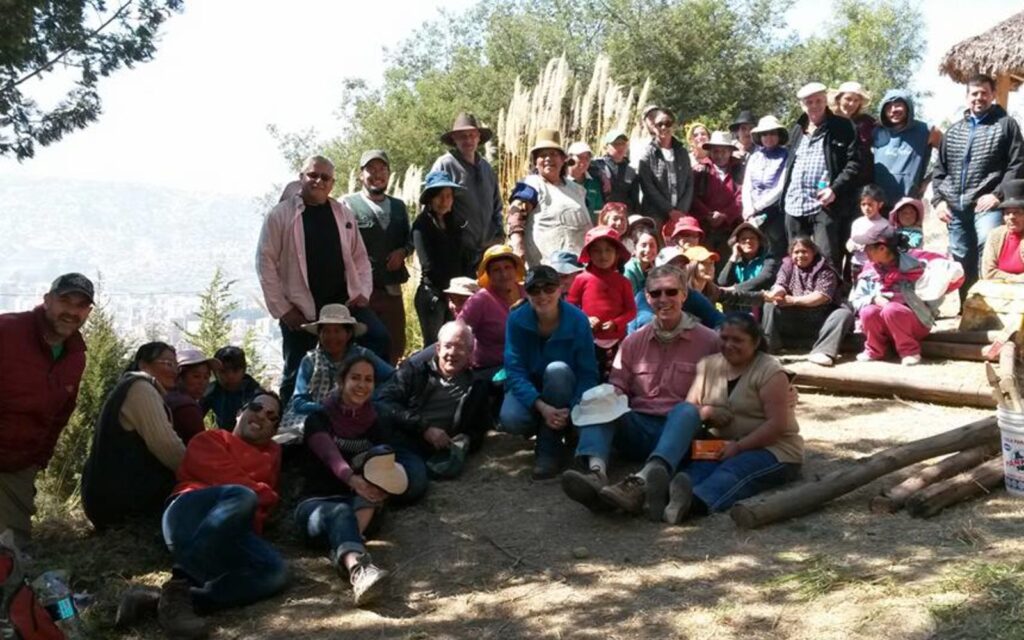
2015 Class of Barr Fellows on their learning journey in Bolivia.
Alumni
Through seven classes, the Barr Fellowship has recognized, supported and connected 80 pioneers and champions in education, community development, the arts, immigrants’ rights, youth development, environmental sustainability, and more.
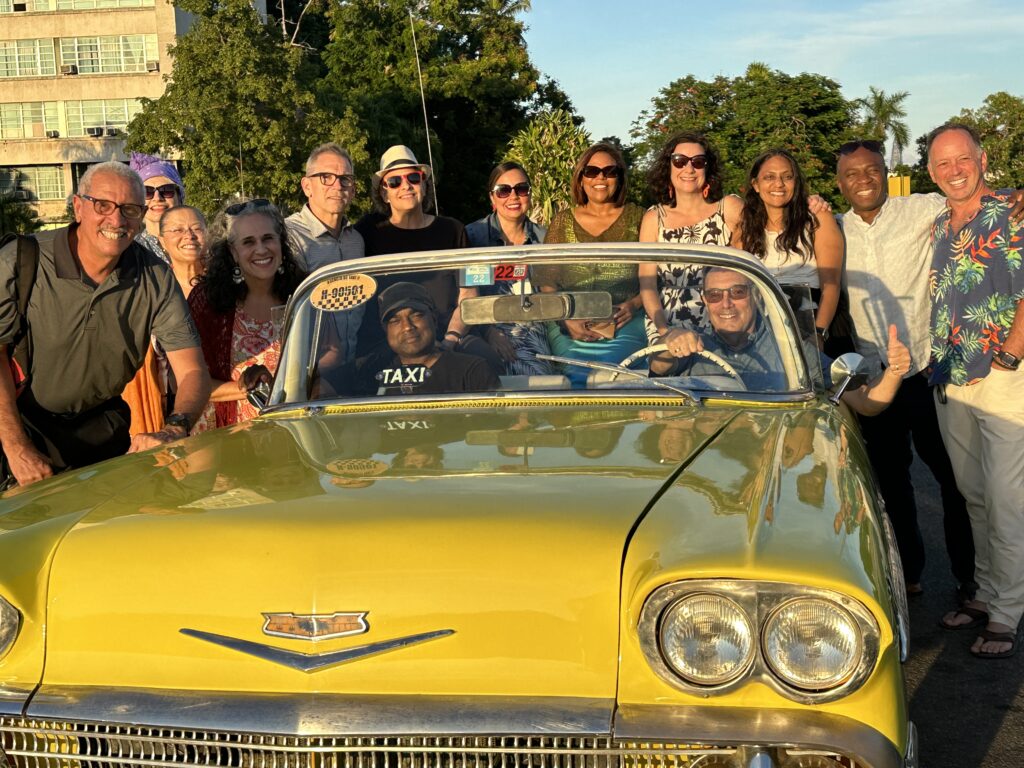
Barr Fellows Class of 2019 pose with a taxi cab during their learning journey to Cuba.
Program Goals and Components
This program was designed to recognize, support, and connect accomplished leaders; strengthen their organizations; and bolster civic leadership for the region.
In each class of Fellows, the Foundation invested in a diverse group of leaders whose roles span multiple fields, communities, and types of organizations, and provide the following shared experiences:
- A ten-day group Learning Journey designed to immerse fellows in a collective, challenging growth experience, to build relationships among Fellows, and to offer inspiration through exchanges with leaders working to improve lives in another country.
- A three-month personal sabbatical during which Fellows are asked to disengage completely from their organizations.
- A series of facilitated leadership development retreats with their class over two years designed to help Fellows bridge silos of experience, develop new skills and perspectives, and cultivate deep understanding and collaboration across sectors to advance civic leadership.
- Significant funding for their organizations to support exploratory projects, professional and organizational development, and appropriate costs associated with their Fellow’s sabbatical.
For Fellows from for-profit social enterprises and public agencies, we made slight modifications to their support to meet legal restrictions on private foundation support.
Selection Criteria
The Barr Fellowship focused on leaders of organizations located in or primarily serving Greater Boston. Fellows were selected on the basis of their exemplary leadership, organizational impact, and track record of partnership and collaboration.
In particular, the Foundation sought to include leaders and organizations who partner with and build the capacity of those whose leadership has been under-represented in our region. This includes but is not limited to people of color, low-income communities, and other under-served constituencies.
During the Fellows’ sabbaticals, each organization was asked to name an interim leader or team to take on increased responsibility during the Fellow’s absence and beyond. The Foundation has offered coaching and collaborative learning retreats for these interim leaders.
Barr Fellowship Team
Featured Barr Fellowship Insights
View all View all blog posts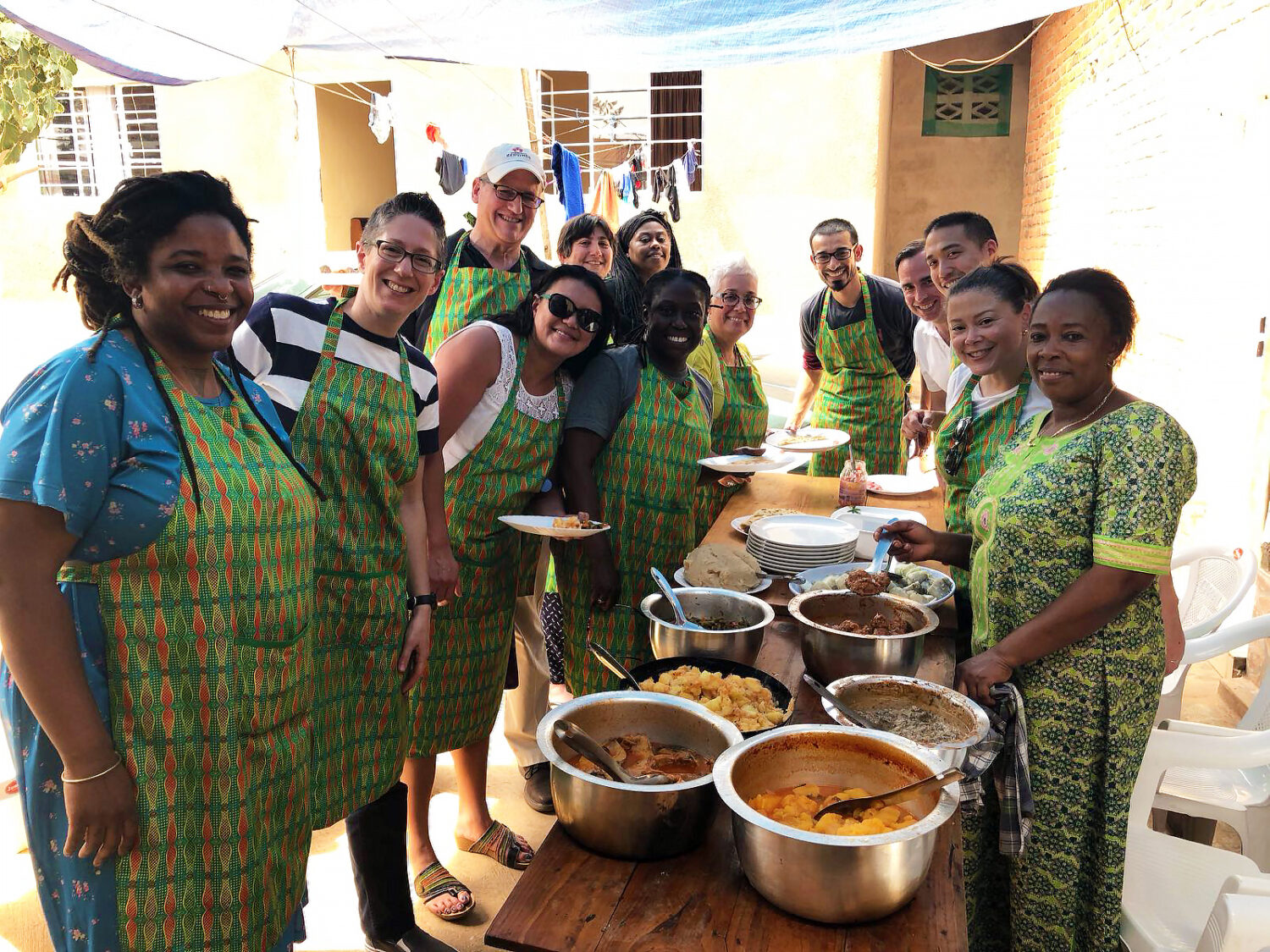
Far From the Day-to-Day, Boston Leaders Reflect, Connect
Read More Click to Read More about Far From the Day-to-Day, Boston Leaders Reflect, Connect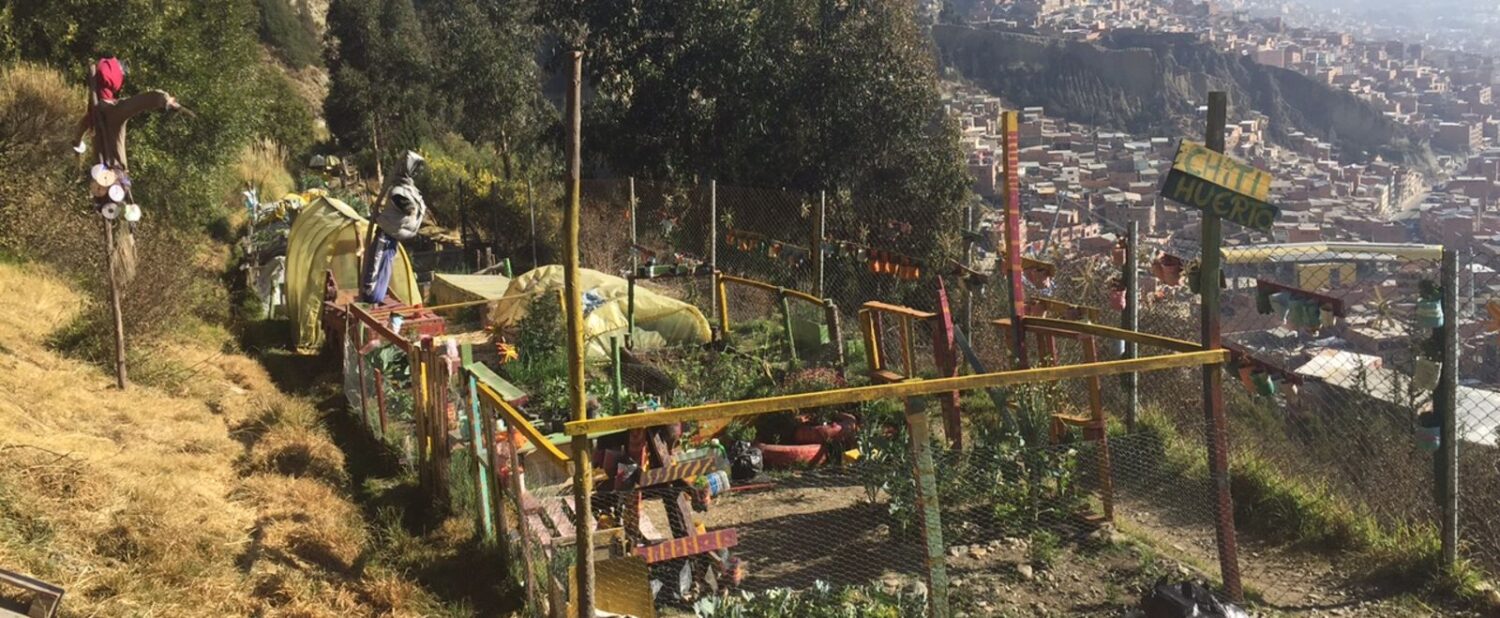
A New Cohort of Barr Fellows Commences with Learning Journey
Read More Click to Read More about A New Cohort of Barr Fellows Commences with Learning Journey